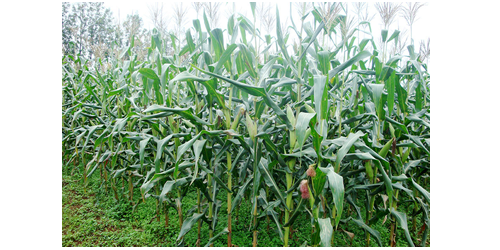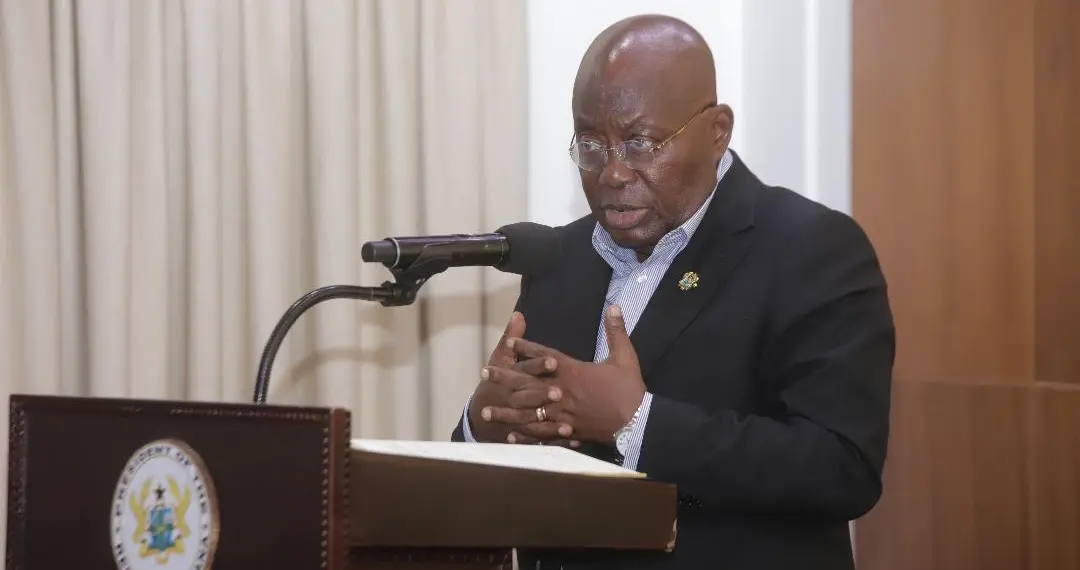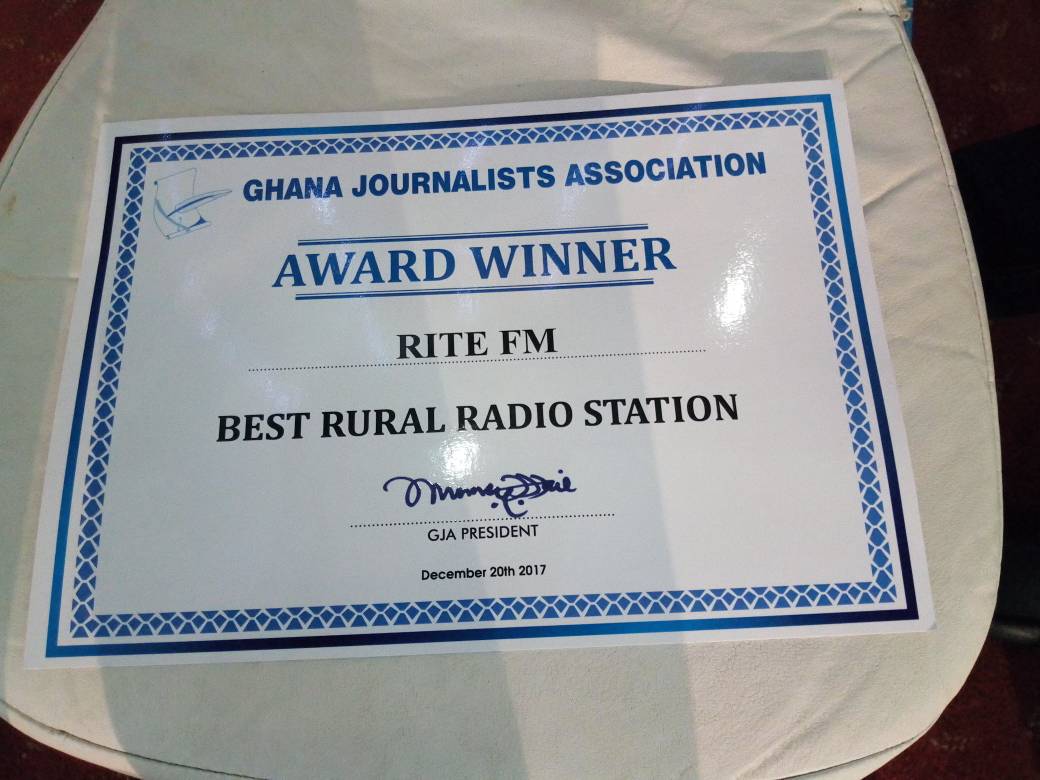Low rainfall in maize growing areas may cause scarcity

The National Best Farmer, Mr George Asamoah-Amankwah, has said the low rainfall recorded in large-scale maize growing areas such as Techiman, Ejura, Nkoranza and Kintampo during the main season, especially in May, June and July this year, is a source of concern.
He said there was the need for measures to be put in place to ensure that the low rainfall recorded so far this year did not result in maize scarcity.
Mr Asamoah-Amankwah was speaking to the Daily Graphic on his 210-acre maize farm at Dema in the Tano South District in the Brong Ahafo Region.
Early this year, the Ghana Meteorological Agency (GMet) predicted that the country would record low rainfall this year. It said there would also be a short rainy season.
It said there would be late rainfall onset dates for the coastal sector, which would also experience erratic rainfall.
Mr Asamoah-Amankwah took the Daily Graphic team to some farms where the maize had become stunted due to the lack of adequate rain, as well as what he called late planting because the farmers were waiting for the rains to start.
He said it would be difficult for the farmers to record good harvests, a situation that would affect their ability to replant next year because most of their investments would have gone waste.
He expressed worry over the inability of government agencies to purchase and store the large quantities of maize that flooded the markets during good harvests for release during the lean seasons.
He said in view of that development, among other issues, some Burkinabe and Malian businessmen bought maize in large quantities and exported it to their countries.
The National Best Farmer said when there was shortage of maize in the country, those businessmen brought back to Ghana the very maize they had bought at cheap prices and sold it at exorbitant rates to Ghanaians.
On fertiliser, Mr Asamoah-Amankwah appealed to the government to ensure that farmers received subsidised fertilisers on time to plant their crops.
He encouraged the government to continue with that intervention because many farmers could not afford to buy the product.
He said if farmers were not supported, it would be difficult for them to produce enough to feed the population and also advance the policy of “grow what you eat and eat what you grow”.
Source: ghanaweb



